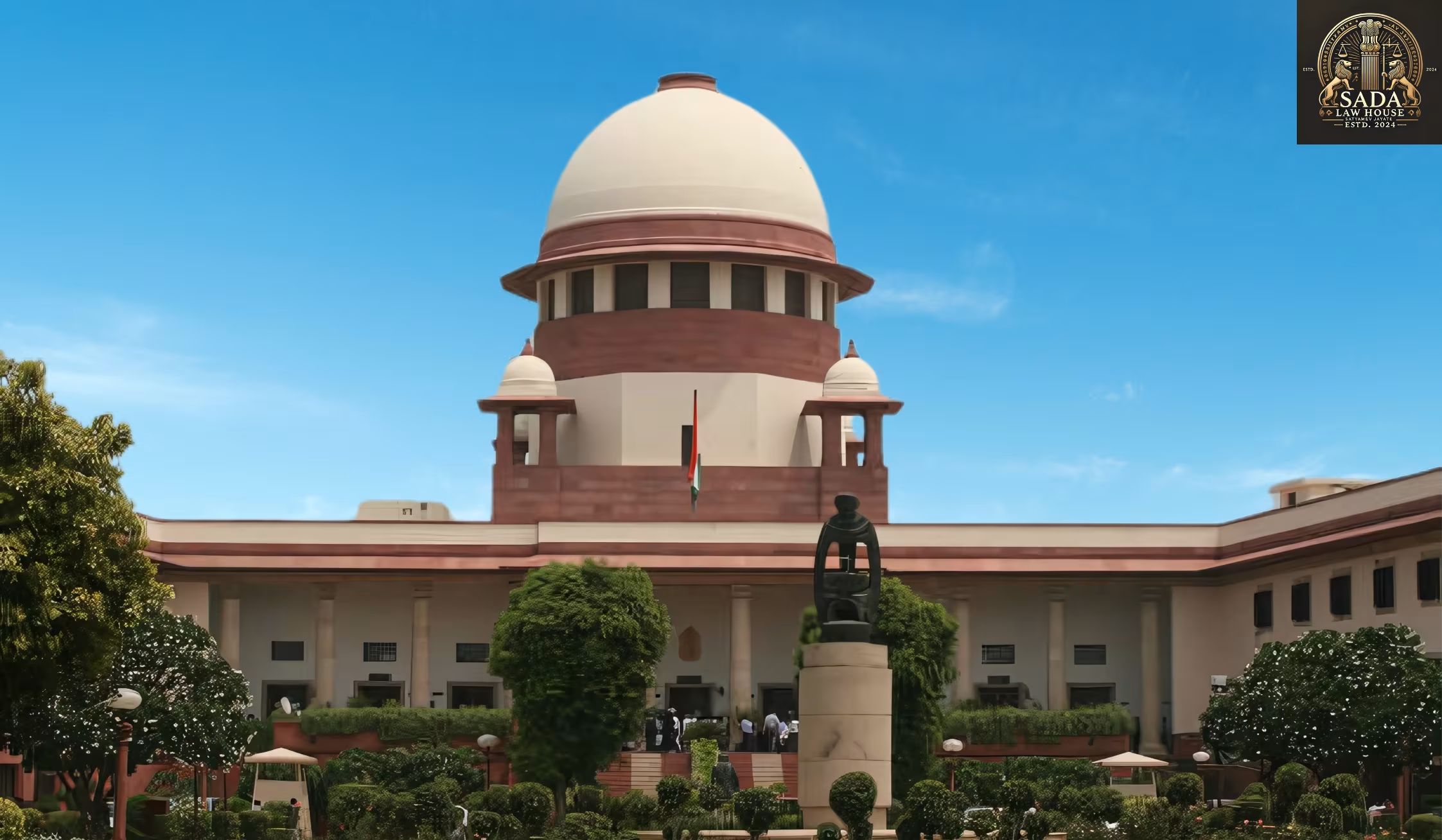Supreme Court Mandates Three Years of Legal Practice for Judicial Service Eligibility
- NITU KUMARI
- 21 May 2025

The Supreme Court of India has mandated a minimum of three years of legal practice to qualify for judicial service exams for civil judges (junior division). Read more about the implications, legal background, and future of judicial recruitment in India.
Landmark Supreme Court Judgment on Judicial Recruitment
In a major ruling, the Supreme Court of India has declared that candidates must have at least three years of legal practice to be eligible for judicial service, specifically for civil judge (junior division) roles.
The verdict was delivered by a bench comprising Chief Justice of India BR Gavai, Justice AG Masih, and Justice K Vinod Chandran.
Mandatory Legal Practice Before Taking Judicial Exams
According to the Court’s ruling, all state governments must amend their rules to require a minimum of three years of practice as a lawyer for candidates appearing in the civil judge (junior division) exams. This practice must be certified by an advocate with at least ten years of standing at the Bar. The Court added that experience as a law clerk to judges will also count toward this requirement.
Additionally, new recruits must undergo a one-year training period before they can preside in court.
Future Implementation of the Rule
The Court clarified that this mandate applies only to future judicial recruitment cycles. Ongoing recruitment processes initiated by the High Courts will proceed without this new requirement.
Why the Rule Was Reinforced
The judgment emphasized that appointing fresh law graduates as judges has led to several challenges. The bench noted that dealing with matters related to life, liberty, and property demands practical courtroom experience, not just academic knowledge.
Counting Experience from Provisional Enrollment
The Court stated that legal practice would be counted from the time of provisional enrollment as an advocate, rather than after passing the All India Bar Exam (AIBE). This is due to the varied schedules of AIBE across the country.
Law Clerks and Senior Advocate Certification
Work experience as a law clerk will be recognized as part of the required legal practice. Moreover, a senior advocate with 10 years at the Bar must certify the candidate’s experience.
Case Background: Origin and Legal Challenge
The issue began with challenges to a 2002 amendment by the Madhya Pradesh High Court, which introduced the three-year practice rule for aspiring civil judges. Several states adopted this rule to ensure judges possess practical legal skills and courtroom knowledge.
Support and Opposition to the Rule
Organizations like the Bar Council of India and various state bar councils supported the rule, stating it enhances the quality of judicial decisions and upholds the judiciary’s integrity.
On the other hand, academicians and law graduates criticized it as a barrier to equal opportunity, arguing it unfairly restricts judicial entry and goes beyond constitutional provisions.
Article 233(2) and Its Interpretation
The debate also focused on Article 233(2) of the Constitution of India, which requires seven years of practice to become a district judge. However, this does not apply to junior civil judges, whose eligibility is governed by state rules.
Historical Context: All India Judges Association Case
In the 2002 All India Judges Association v. Union of India case, the Supreme Court had noted the importance of real-world legal experience but did not make it mandatory. Since then, states have followed different rules—some requiring legal practice, others allowing direct recruitment from law schools.
Conclusion: A Step Toward Strengthening the Judiciary
The Supreme Court’s decision to mandate a minimum of three years of legal practice before entering the judiciary marks a significant shift in India’s judicial recruitment policy. By prioritizing practical legal experience, the ruling aims to ensure that new judges are better equipped to handle complex legal matters with competence and maturity. While the decision may pose challenges for recent graduates, it ultimately strengthens the judiciary’s credibility and enhances the quality of justice delivery. With support from institutions like the Bar Council of India and a clear implementation path outlined by the Supreme Court, this reform could set a new benchmark for judicial standards across the country.






